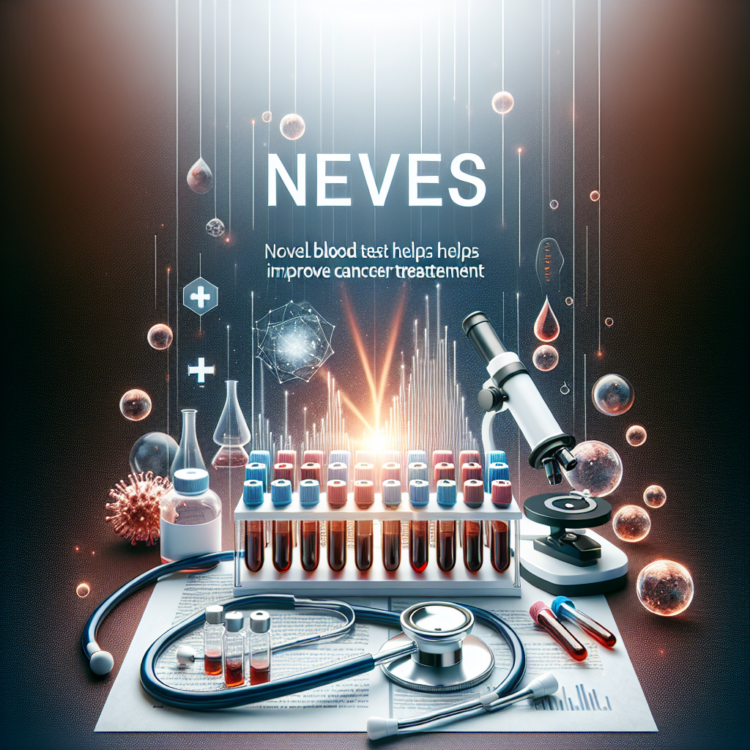The earlier a cancer is detected, the better the chances that treatment will be effective. This applies to almost all types of cancer. Another crucial element in successfully treating patients is to individually assess the benefits and risks of individual forms of therapy and to regularly monitor treatment success. To do this, oncologists have a range of methods at their disposal, most notably imaging technology and invasive measures such as tissue biopsies, punctures and endoscopic procedures.
The earlier a cancer is detected, the better the chances that treatment will be effective. This applies to almost all types of cancer. Another crucial element in successfully treating patients is to individually assess the benefits and risks of individual forms of therapy and to regularly monitor treatment success. To do this, oncologists have a range of methods at their disposal, most notably imaging technology and invasive measures such as tissue biopsies, punctures and endoscopic procedures.
Analyzing gene fragments in the bloodstream
Researchers at the University of Zurich (UZH) and the University Hospital Zurich (USZ) have now further developed an advanced method, a type of liquid biopsy that analyzes blood samples rather than organs or tissues. The method sequences and analyzes DNA fragments circulating in the blood of patients. “Our method can be used in the future for risk assessments, treatment monitoring during follow-up care and early detection of cancer recurrence, in principle for all types of tumors,” says Zsolt Balázs, co-first author of the study at the UZH Department of Quantitative Biomedicine.
Since the method is based on blood samples, it is less invasive than performing tissue biopsies, for example. Moreover, taking blood samples is fast and more practical in day-to-day hospital operations, as fewer appointments for diagnostic interventions are needed, sparing those affected lengthy waits.
Tailor-made treatment approach
The new method for analyzing liquid biopsies can help oncologists to more accurately determine tumor activity and spread. This will enable them to develop therapies that are tailored to individual patients. “We can see earlier and more quickly how much the cancer has spread in the body and how well a patient is responding to a specific treatment, or whether there will be a relapse,” says Zsolt Balázs.
In the lab, the researchers analyzed the gene fragments circulating in the blood for changes in the DNA that are characteristic of the specific type of cancer. The method analyzed alterations in the number and length distribution of the fragments. “The liquid biopsy technique enables us to discriminate between biologically less and more aggressive metastatic cancer disease – perhaps even earlier than using imaging technology,” says co-first author Panagiotis Balermpas, a professor at the Department of Radiation Oncology at USZ.
Increased focus on patients’ quality of life
The researchers tested their method on patients undergoing radiotherapy, including several HPV-positive patients. HPV stands for human papillomavirus, which can also cause cancer. The number of HPV DNA fragments found in the blood allowed the researchers to observe the development of tumors. For head and neck cancer, they found that a higher concentration of HPV DNA might be an early indication of cancer recurrence, which could be combated using immunotherapy.
“The more a tumor metastasizes, the poorer the patient’s quality of life. This also applies to local recurrences that aren’t detected early. It is key that we individualize treatment as far as possible, taking into account the potential benefits of all therapies as well as their influence on the patient’s quality of life,” concludes Balermpas, who oversaw the treatment of patients with head and neck tumors in the study.
Journal
Radiotherapy and Oncology
Method of Research
Experimental study
Subject of Research
People
Article Title
Longitudinal cell-free DNA characterization by low-coverage whole genome sequencing in patients undergoing high-dose radiotherapy
Article Publication Date
8-Jun-2024




